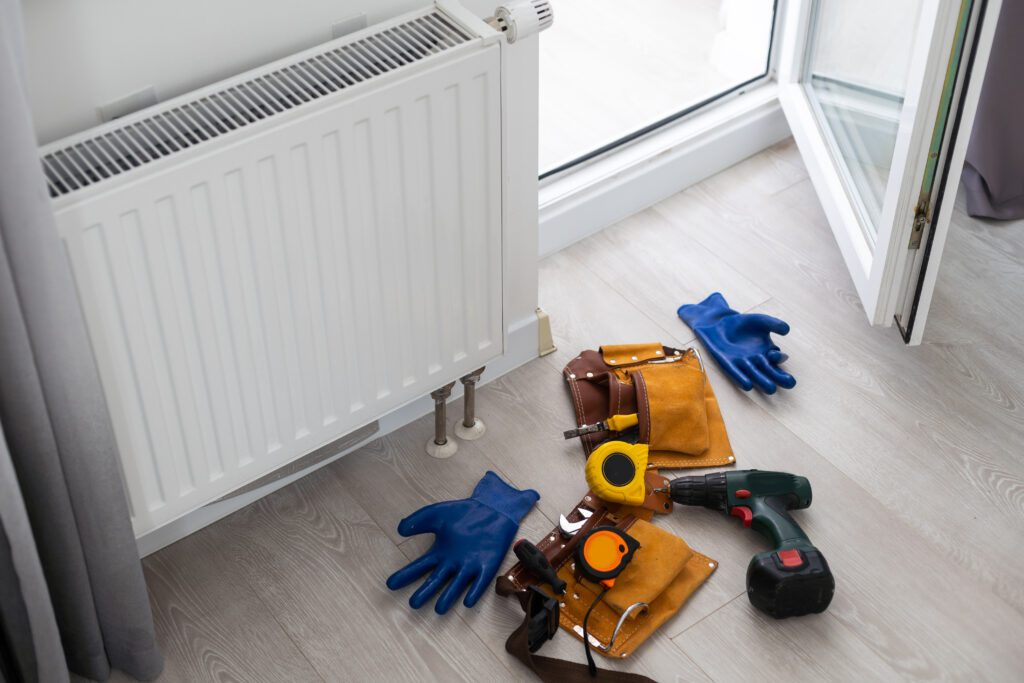Winters can be brutal, and your HVAC system plays a crucial role in keeping your home warm and comfortable during this season. However, harsh winters can put a lot of strain on your HVAC system, leading to breakdowns and reduced efficiency. That’s why it’s important to pay close attention to winter HVAC maintenance. In this article, we will discuss the do’s and don’ts of winter HVAC maintenance to help you keep your system running smoothly throughout the coldest months of the year.
Understanding the Importance of HVAC Maintenance in Winter
Before diving into the do’s and don’ts, let’s first understand why winter HVAC maintenance is so important. Your HVAC system works hard to provide warmth during the cold season, and without proper maintenance, it may struggle to perform effectively. Regular winter maintenance helps ensure that your system operates efficiently, reduces energy consumption, and extends its lifespan. Additionally, proper maintenance can help detect any potential issues early on, saving you from costly repairs and sudden breakdowns.
The Role of HVAC Systems During Winter
HVAC systems play a central role in maintaining a comfortable indoor temperature during winters. The system heats the air and distributes it evenly throughout your home. It also controls humidity levels, filters out pollutants, and ensures proper ventilation. By keeping up with winter HVAC maintenance, you can ensure that your system functions optimally, providing you with consistent warmth and comfort.
Why Winter Maintenance is Crucial for HVAC Systems
Winter is the time of the year when your HVAC system works the hardest. Cold temperatures strain the system, causing it to work longer and harder to keep your home warm. Without proper maintenance, your HVAC system may become less efficient, leading to increased energy bills and decreased comfort. Winter maintenance is crucial to identify any issues, clean and maintain essential components, and optimize your system’s performance.
One important aspect of winter HVAC maintenance is checking and cleaning the air filters. During winter, when the system is running more frequently, the air filters can become clogged with dust, dirt, and other particles. This can restrict airflow and put additional strain on the system. By regularly cleaning or replacing the air filters, you can ensure that your HVAC system operates at its best, providing you with clean and healthy air.
In addition to air filter maintenance, it is also essential to inspect and clean the system’s ductwork. Over time, dust, debris, and even mold can accumulate in the ducts, affecting the air quality and efficiency of your HVAC system. By having the ductwork professionally cleaned, you can improve the airflow, reduce the risk of allergens circulating in your home, and enhance the overall performance of your HVAC system.
The Do’s of Winter HVAC Maintenance
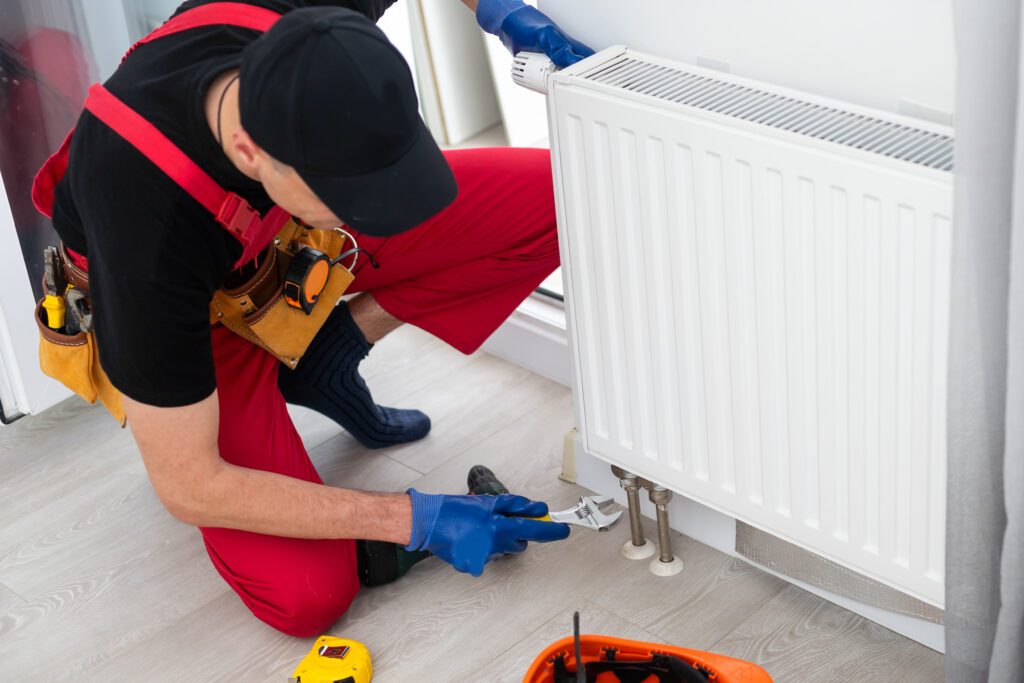
Regular Inspection and Cleaning
Regular inspection and cleaning are essential for maintaining your HVAC system’s efficiency in winter. Inspect the outdoor unit for any debris, such as leaves or twigs, and ensure that it is clear from obstructions. Clean or replace air filters as necessary to maintain excellent indoor air quality and prevent strain on the system. Dust and vacuum the vents and registers to remove any dirt or debris that may hinder airflow.
Additionally, it is recommended to schedule a professional HVAC technician to perform a thorough inspection and cleaning at least once a year. This will help identify any potential issues early on and ensure that your system is running at its peak performance during the winter months. A professional cleaning can also involve checking the refrigerant levels, lubricating moving parts, and inspecting electrical connections for safety.
Proper Insulation and Sealing
Proper insulation and sealing help prevent heat loss and keep your home warm. Make sure all windows and doors are properly sealed to prevent drafts. Insulate your attic, walls, and basement to minimize heat transfer. Use weatherstripping or caulking to seal any gaps or cracks. These measures will help your HVAC system work efficiently by reducing heat loss and preventing cold air from entering your home.
In addition to sealing windows and doors, consider installing insulated curtains or blinds to further reduce heat loss through windows. You can also use draft stoppers at the bottom of doors to prevent cold air from seeping in. Proper insulation not only helps your HVAC system work more effectively but also contributes to lower energy bills and increased comfort for you and your family.
Updating the Thermostat Settings
Your thermostat plays a vital role in regulating the temperature inside your home. Take advantage of programmable thermostats by setting lower temperatures when you are away or asleep. This will reduce the workload on your HVAC system and save energy and money. Programmable thermostats can automatically adjust the temperature according to your schedule, optimizing your comfort and energy usage.
Furthermore, consider upgrading to a smart thermostat that allows you to control your HVAC system remotely through a mobile app. Smart thermostats can learn your preferences over time and adjust settings for maximum efficiency. Some models even provide energy usage reports, helping you track and manage your heating costs throughout the winter season.
The Don’ts of Winter HVAC Maintenance
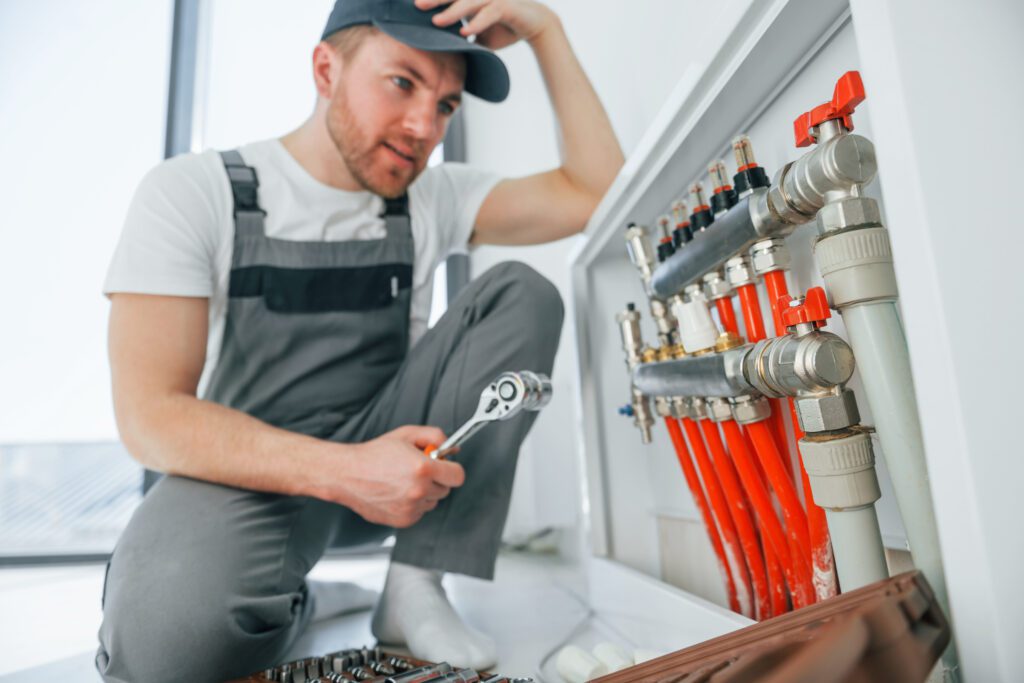
Ignoring Strange Noises or Smells
If you notice any strange noises or smells coming from your HVAC system, ignoring them can lead to more significant problems down the line. Unusual sounds or odors may be a sign of a malfunctioning component or potential safety issues. It is essential to address these issues promptly by contacting a professional HVAC technician to assess and resolve the problem.
Strange noises such as banging, hissing, or rattling could indicate issues with the blower motor, compressor, or ductwork. Ignoring these sounds may result in a complete system breakdown, leaving you without heat in the middle of winter. Similarly, unusual smells like mustiness, burning odors, or rotten egg smells could signal mold growth, electrical issues, or a gas leak. These issues pose health risks and should be addressed immediately to ensure the safety of your home and family.
Neglecting Regular Filter Changes
Ignoring regular filter changes can have adverse effects on your HVAC system’s performance. Clogged filters restrict airflow, forcing your system to work harder and consume more energy. Moreover, dirty filters can lead to a buildup of dust and allergens, affecting your indoor air quality. Make it a habit to check and change your HVAC filters regularly throughout the winter season.
Regular filter changes not only improve the efficiency of your HVAC system but also extend its lifespan. A dirty filter forces the system to strain, leading to increased wear and tear on components such as the blower motor and coils. Additionally, poor indoor air quality resulting from dirty filters can exacerbate respiratory issues and allergies, especially during the winter when homes are sealed tight against the cold.
Attempting Major Repairs Yourself
While simple maintenance tasks can be performed by homeowners, attempting major repairs on your HVAC system is not recommended. HVAC systems are complex, and attempting repairs without the necessary knowledge and expertise can cause more harm than good. If you encounter significant issues or breakdowns, it is best to call a professional HVAC technician to diagnose and repair the problem.
Major repairs such as fixing a refrigerant leak, replacing a faulty compressor, or repairing electrical components require specialized tools and training. DIY attempts at these repairs not only risk further damage to your HVAC system but also pose safety hazards such as electrical shocks or gas leaks. Professional HVAC technicians have the experience and equipment to accurately diagnose issues and perform repairs safely, ensuring your system operates efficiently throughout the winter months.
Professional HVAC Maintenance Services
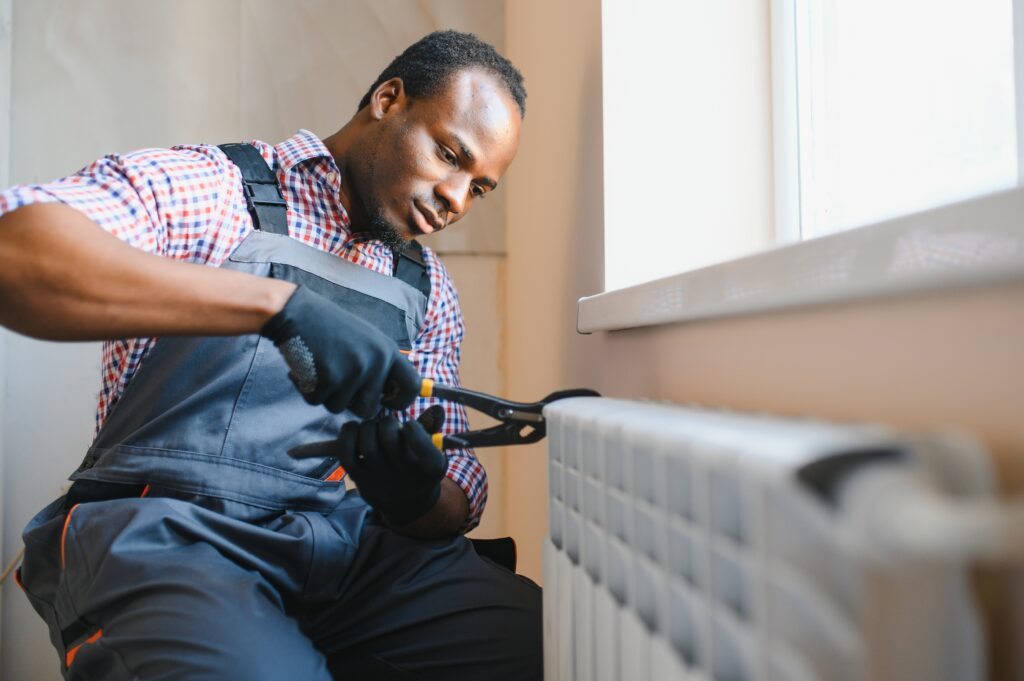
When to Call a Professional
While some HVAC maintenance tasks can be handled by homeowners, it is crucial to know when to seek professional help. If you are unsure about any maintenance task or encounter significant issues, it’s best to call a professional HVAC technician. They have the experience, knowledge, and tools required to diagnose and resolve HVAC-related problems efficiently and safely.
Professional HVAC technicians undergo rigorous training to stay updated on the latest technologies and best practices in the industry. They are equipped to handle complex issues such as refrigerant leaks, electrical malfunctions, and airflow problems that may be beyond the scope of DIY maintenance. By entrusting your HVAC system to a professional, you can have peace of mind knowing that the job will be done correctly, preventing potential safety hazards and costly repairs down the line.
Choosing the Right HVAC Maintenance Service
Choosing the right HVAC maintenance service is essential to ensure the longevity and efficiency of your system. Look for a reputable company with experienced technicians and positive customer reviews. Additionally, consider hiring a service that offers comprehensive maintenance plans to cover all aspects of your HVAC system throughout the year. Regular professional maintenance will help keep your system in optimal condition, detecting issues early and providing necessary repairs or replacements.
Reputable HVAC maintenance services often conduct thorough inspections of your system, identifying worn-out components, cleaning ductwork, and calibrating thermostats for maximum efficiency. They may also offer energy-saving tips and recommendations for improving indoor air quality. By investing in a reliable maintenance service, you not only extend the lifespan of your HVAC system but also ensure consistent comfort and lower energy bills in the long run.
Maintaining Your HVAC Post-Winter
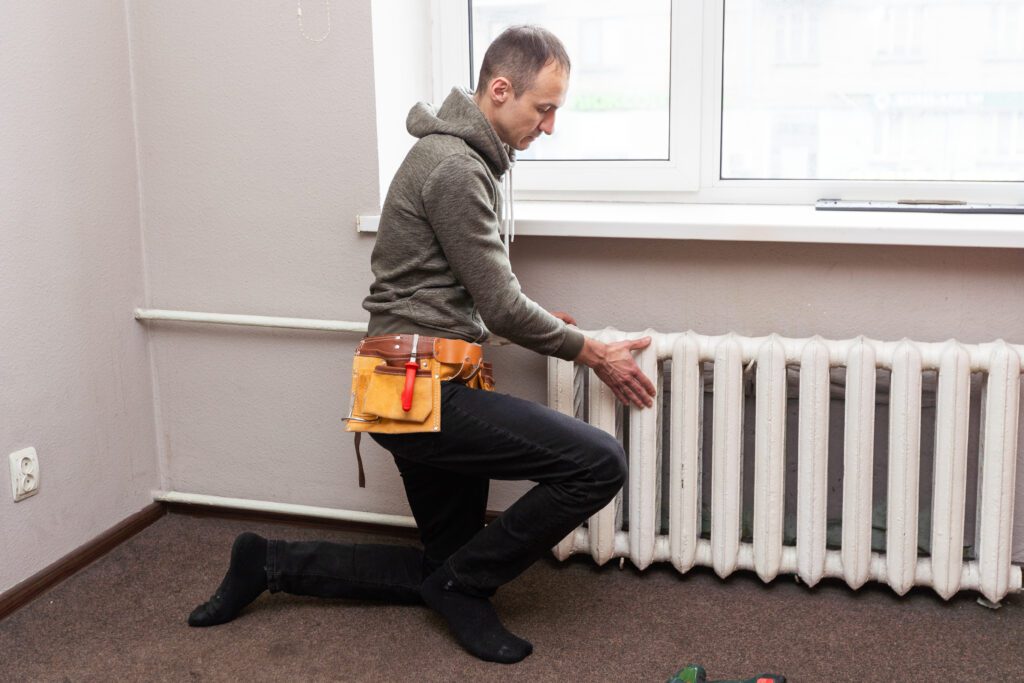
Transitioning Your HVAC for Spring
As winter ends and spring approaches, it’s important to transition your HVAC system accordingly. Change your thermostat settings to reflect the warmer weather and adjust your programmable thermostat schedule if necessary. Clean or replace air filters, as they may have accumulated dust and debris during the winter months. Consider scheduling a professional HVAC inspection to ensure your system survived the winter without any damage and is ready for the upcoming season.
Spring is a time of renewal, and your HVAC system deserves some attention too. While adjusting your thermostat settings is a good start, there are a few more steps you can take to ensure your system is in top shape for the changing seasons. One important task is to check the outdoor unit for any debris or vegetation that may have accumulated during the winter. Clearing the area around the unit will allow for proper airflow and prevent any potential obstructions.
Another crucial aspect of post-winter HVAC maintenance is cleaning or replacing your air filters. Over the winter months, these filters can become clogged with dust, pet dander, and other particles, reducing the efficiency of your system. By cleaning or replacing them, you can improve the air quality in your home and ensure that your HVAC system is functioning optimally.
Long-Term HVAC Maintenance Tips
HVAC maintenance is not just a one-time task; it requires consistent effort to ensure your system’s longevity. Here are some long-term HVAC maintenance tips:
- Schedule regular professional maintenance at least once a year, preferably before the start of the winter season.
- Keep the area around your outdoor unit clear of debris and vegetation.
- Change your air filters regularly, following the manufacturer’s recommendations.
- Monitor your system’s performance, including heating efficiency and energy consumption.
- Stay alert to any changes in your system’s operation and address them promptly.
By following these long-term maintenance tips, you can ensure that your HVAC system continues to provide efficient and reliable heating for many winters to come. Regular professional maintenance will not only extend the lifespan of your system but also help identify any potential issues before they become major problems.
Additionally, monitoring your system’s performance and energy consumption can provide valuable insights into its efficiency. By keeping track of these metrics, you can make informed decisions about any necessary repairs or upgrades, ultimately saving you money on energy bills in the long run.
In Conclusion
Winter HVAC maintenance is crucial to ensure your system’s optimal performance and longevity. Remember to regularly inspect, clean, and update your system throughout the winter. Address issues promptly and seek professional help when needed. By implementing the do’s and avoiding the don’ts, you can keep your HVAC system running smoothly, providing you with the warmth and comfort you deserve during the chilly winter months.

